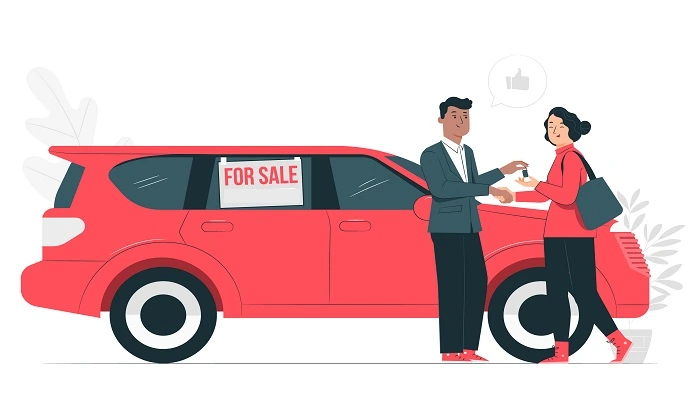If you want to purchase a used car, you might not know where to begin. It can be difficult to choose among the various options available which one is best for you.
What’s worse is that there are many people out there who wouldn’t hesitate to take advantage of unwary buyers. This guide contains everything you require to successfully navigate the used car market.
Why should you buy a used car?
There are a few reasons why buying a used car is a good idea. For one, they’re cheaper. You can get more bang for your buck as used cars do not depreciate as quickly as new cars. Plus, with technological advances in recent years, used cars are more reliable than ever.
Another reason to consider a used car is that you have more negotiating power. Dealers are more likely to give you a better deal on a used car because they’re trying to get rid of it. They know that there’s less demand for used cars, so they’re more likely to haggle.
Lastly, flexibility is another perk of buying a used car. You’re not tied down to a certain model or make like you would be if you bought a new car. You have the freedom to choose from a wide range of options, and you can even buy a luxury car for the price of a regular one.
Also read: – Decorating your car with stickers
Factors to consider
When looking at used cars, there are a few things you need to consider. The first is the price. Note that there are finance charges and insurance costs to think about as well. In addition, you need to consider the condition of the car. How many miles are on it? Are there any dents or scratches?
You must establish and adhere to a budget. Just because a car is inexpensive doesn’t necessarily mean it’s a good deal. The car’s history is the second consideration. To find out if the car has ever been in an accident or required significant repairs, you can obtain a complete historical record. This will help you understand what you’re getting into.
Another thing to consider is the mileage. Higher mileage means that the car has been used more and may not last as long. However, this isn’t always the case. The mileage may not be as important if you’re looking at a newer car.
Lastly, it’s important to take a test drive. This will help you get a good feel of the vehicle and determine whether it’s a suitable fit for you.
How to select the right car dealer
Not all car dealers are created equal. You need to find a dealer that is reputable and one you can trust. A good way to do this is to read reviews online and look at other people’s experiences with the dealer. Additionally, you might ask friends and relatives for recommendations.
Check whether they offer to finance and take trade-ins. For instance, many modern dealerships offer cars for a $500 down payment and sometimes even less. Another thing to look for is accreditation. The Better Business Bureau will accredit a good car dealer. They have a good track record and are less likely to rip you off.
When you’ve found a few dealerships that you’re interested in, it’s time to start negotiating. Remember, the dealer is not your friend. They will try to take a lot of money from you as possible. It’s important to be firm and stand your ground. Do not be unsure to step away if you are unsatisfied with an offer.
When you’re at the dealership, pay attention to how you’re treated. You want to make sure that the salespeople are friendly and helpful. They should be able to answer any questions you have. If they’re pushy or try to pressure you into buying a car, walk away.
Following these tips will help you buy a used car without getting taken for a ride. With a little patience and research, you will be driving off in the car of your dreams in no time. Happy hunting!







